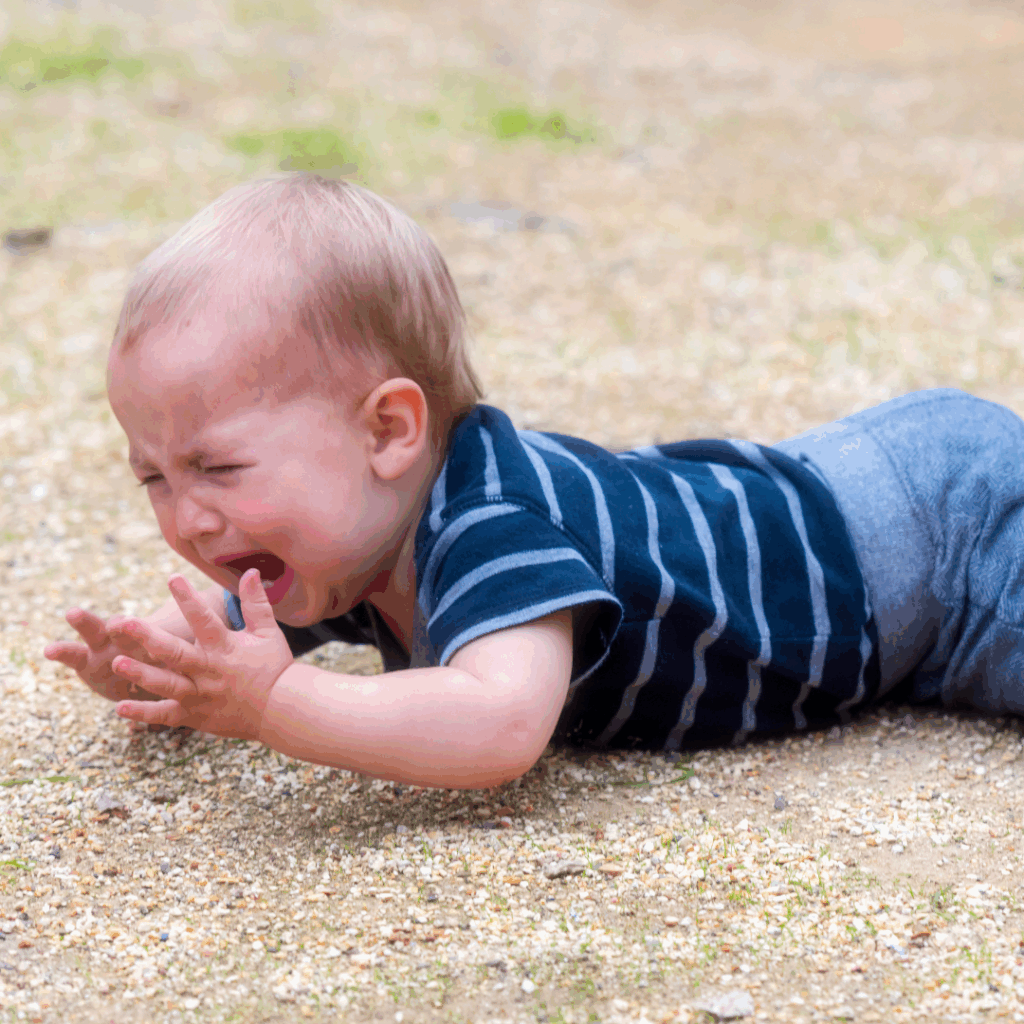The 2017 Irish Sports Monitor Annual Report found that 43% or 1.6 million people actively participate in sports in Ireland as an individual or part of a group / team. The majority of these people partake on an amateur or recreational basis. For these people, injuries from sports activities can significantly impact on their lives, particularly financially, due to medical costs for treatment and through the loss of earnings capacity.
The legal implications of injuries suffered when participating in a sports activity
There is a well-settled principle in this area of law whereby a person who agrees to play a sport is considered to have consented to the natural level of risk of injury for that particular sport.* The nature of the sporting activity normally determines the level of this associated risk.
Put simply, where sports injuries occur to someone that would reasonably be considered as part of the game then that person is deemed to have consented to the risk of those injuries occurring (i.e. a voluntary assumption of risk took place).
However, where an injury occurs that is not part of the game, it may be possible to claim damages. The voluntary assumption of risk principle may be set aside in a number of circumstances, including but not limited to the following:-
- Where another player caused an injury through recklessness or a deliberate act of foul play;
- Where an umpire / referee failed to control a dangerous situation;
- Where a trainer, coach or medical attendant acted or omitted to act in such a way as to cause injury or further injury to a player; and
- Where equipment or facilities are defective or poorly maintained.
A common basis for claims relating to an injury suffered while exercising or playing sport is where training or playing facilities used by the injured person are found to be defective. Most clubs, schools or other bodies that own and operate training, or playing facilities, have liability insurance that would cover personal injuries to users of those facilities.
Any legal claim arising from injuries caused by such defective facilities would fall under the law on occupiers liability. This legislation places certain obligations on the owners and operators of such training or playing facilities to ensure users do not suffer injury or damage due to a danger existing on their premises.
Within this legislation, there are a number of factors that may mitigate or lessen the negligence of the occupiers. In addition to this, the courts often factor in the ‘social utility’ of the training or playing facilities in determining what proportion of liability, if any, can be attributed to the providers of this facilities. This involved the court balancing the benefit of the facilities to society, in particular within the local area, and balancing the rights of the injured party to be compensated.
As with any personal injuries claim, legal advice from an experienced solicitor is essential. At HOMS Assist we have over fifty years’ experience in exercise and sporting injury claims*. If you have been unfortunate enough to suffer an injury while participating in exercise or in a sporting activity, you can contact one of our experienced advisors who will be happy to assist you.









